Rugby
The changing of the guard
Going into a new Super Rugby season, it’s like being a supporter of any footy team – it’s a fresh start.
There’s been a changing of the guard after the World Cup, as there always is. Players move on, careers end, others begin; including new Wallabies coach Dave Rennie.
Now Australian rugby has an opportunity to mould a bunch of new players and further develop experienced ones. It looks very positive.
I’m looking forward to watching Angus Bell at the Waratahs, a young, ball-playing prop with a big engine. In the tight forwards, particularly scrummaging, you earn respect by playing against the best. He’ll be tested in 2020, and that’s exciting. Because athletically and skill-wise he looks very good.
Isaac Lucas at No.10 played some very good rugby for the Reds. And the Brumbies have a 10 called Bayley Kuenzle who’s come through the U20s.
It will be exciting to watch these young men develop over the course of the season.
The new format looks good as there’s no break for the June internationals. Teams will play out a season, week-in, week-out, and develop a nice rhythm and flow.

Schooling ’em
Rugby Australia put a real focus on the U20s a few years ago and it was all about winning these tournaments.
The U20s is a very important pathway, as is schoolboys. It’s about preparing and coaching guys to win tough international competitions.
It’s not good enough to “compete”; they need to go in wanting, expecting, to win. It’s a habit like anything.
They need to learn what’s required to play and win at the highest level.

‘A beast called AFL’
I’m often asked about New Zealand and how we can replicate what they do. However, the comparison at junior level is a bit silly – they only play rugby.
They’re able to be strong with a smaller population because such a large proportion of their population play rugby.
There’s a bit of rugby league on the north island, a little bit of soccer, so effectively there is no competition for the athlete. Conversely, in Australia we have a battle for the athlete due to four codes seeking out the best athletes.
It’s just that, culturally, rugby is what they do. The model is very bespoke to NZ.
In Australia, we have a beast in AFL and a strong rival in NRL. We have always had this competition and we have been able to survive, and prosper at times, by identifying the best athletes for our game. This is then supported by good coaching of the skills and techniques that are required to compete at the highest level.
We should, of course, spread rugby outside of private schools, as we can always do better to ensure that the talent doesn’t just come from that one source. As important as school rugby is, with club rugby in the grassroots communities, talent can be nurtured in other parts of the country as well.

Leading from the top
Dave Rennie and Rugby Australia will be working together to get what they want, and working with the provinces to create skillsets, a level of fitness and rugby acumen for the players.
When the national team has been playing well, there has been a real consistency in what is required. As well as a good relationship with the national coach and state teams.
Those teams will always want to win and there will be subtleties in how they play. However, we have to nail down how we want to play in Australia. This will require everyone working together to achieve this outcome.
Players need fundamental skills that hold up under pressure.

Rennie-ball
From what I’ve seen, the Chiefs under Dave Rennie were very positive. They found space, used the ball in hand, a smart kicking game with very good skills from 1-23.
They were also very intelligent, with the ability to adjust on the run depending on the opponent and the conditions.
When they won back-to-back Super Rugby titles, they were composed and had a really clear understanding of how they wanted to play which helped them under pressure.
So yes, he’s a very smart coach and the players will have a very good understanding of how they need to play in all parts of the field.

My thoughts on Giteau Law
I like Dave’s comments about guys playing overseas: we want to develop players in Australia.
Having them play abroad and come back can be beneficial but there is a dilemma in what you don’t know; such as their level of training and fitness in terms of Test match intensity and skill development.
I like what he is saying. Nurture talent here and, if required, there is always the option to bring back an experienced player.
The opportunity to play overseas is always going to be there.
More about: All Blacks | Brumbies | Coaching | Dave Rennie | George Gregan | New Zealand | Queensland Reds | Super Rugby | Wallabies | Waratahs
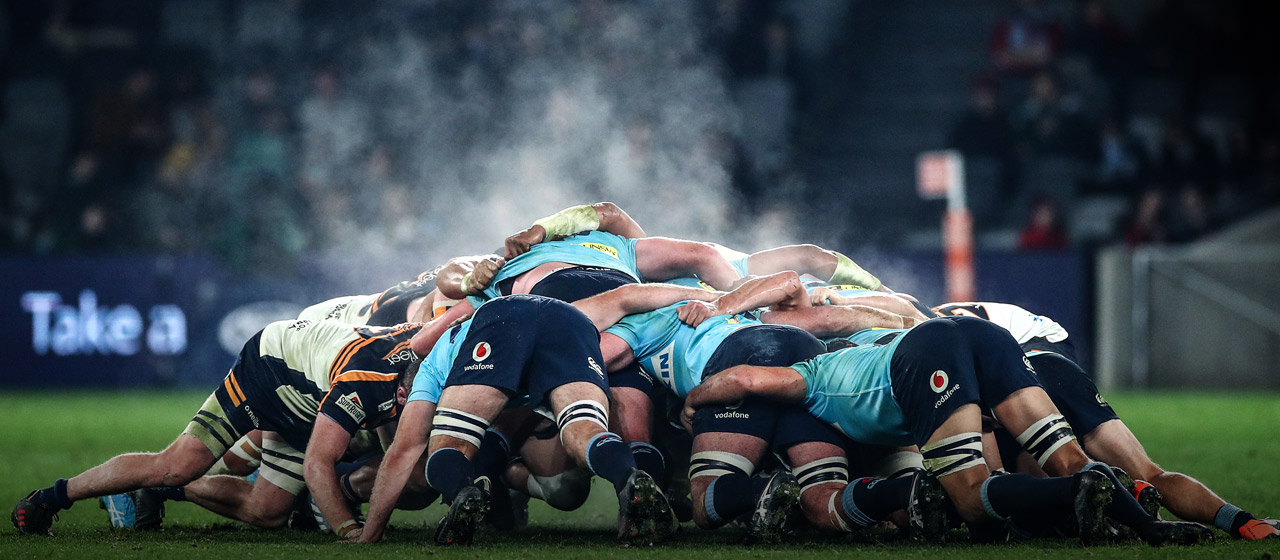
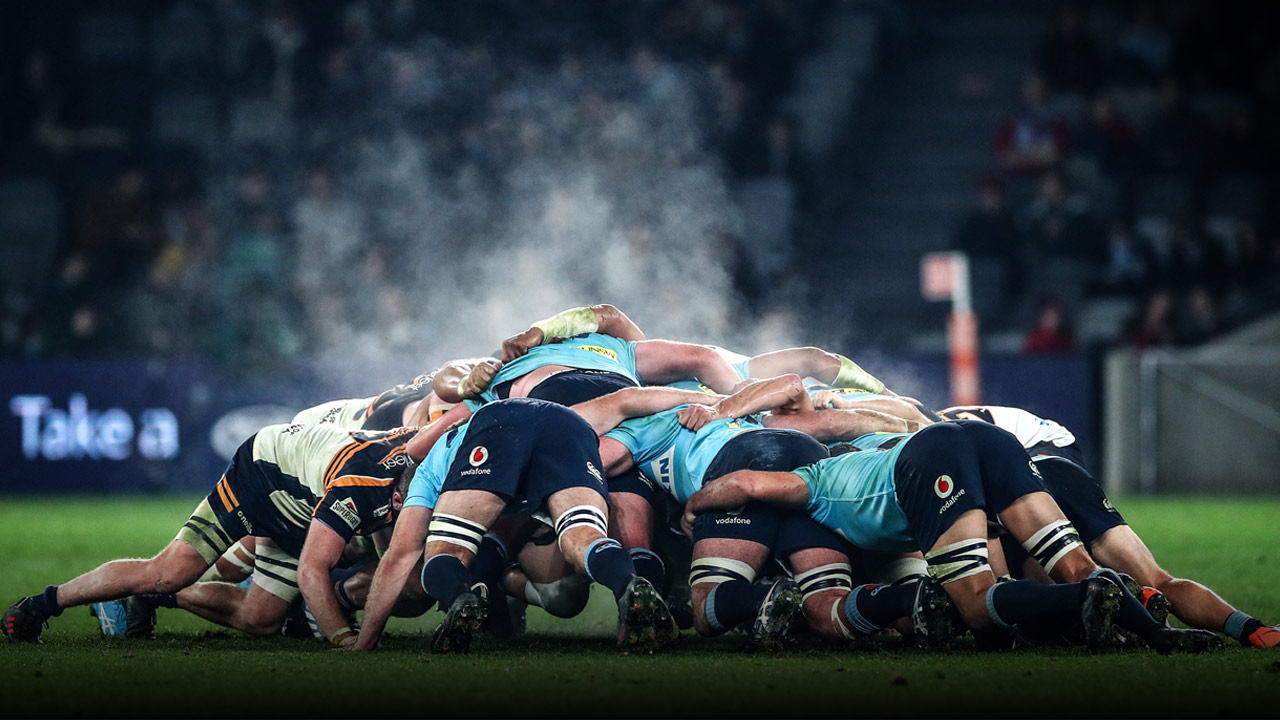
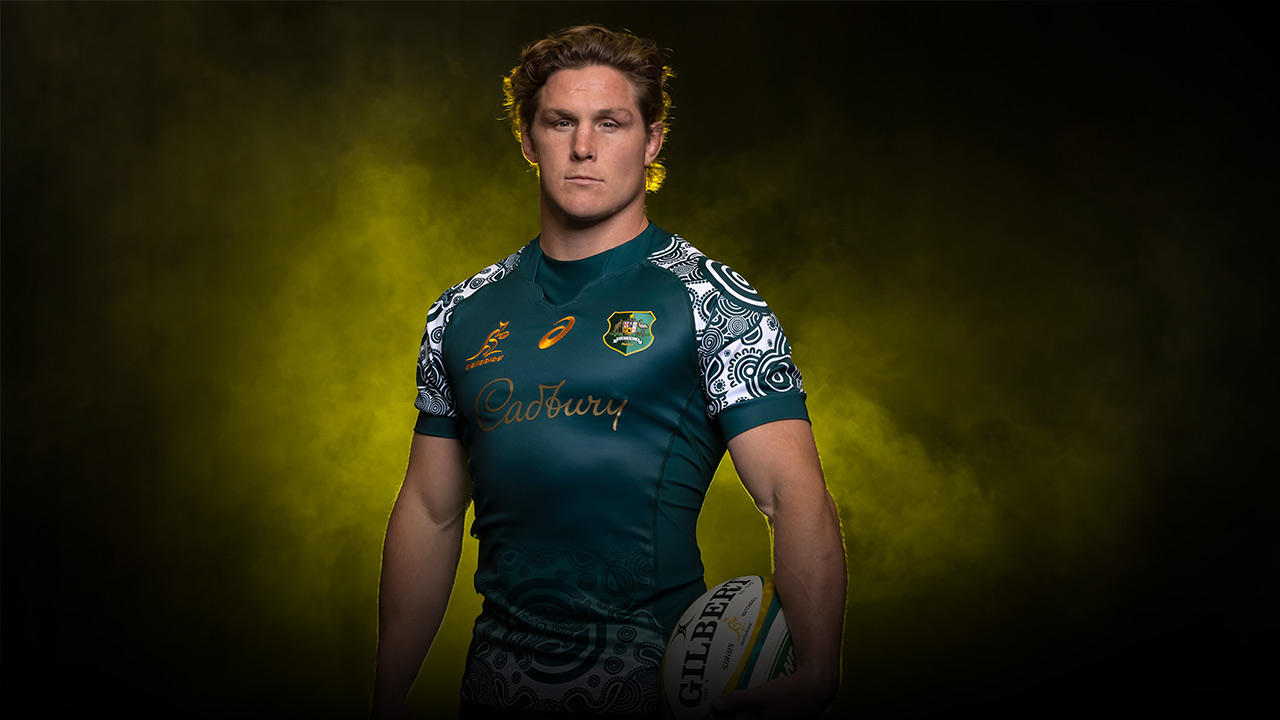
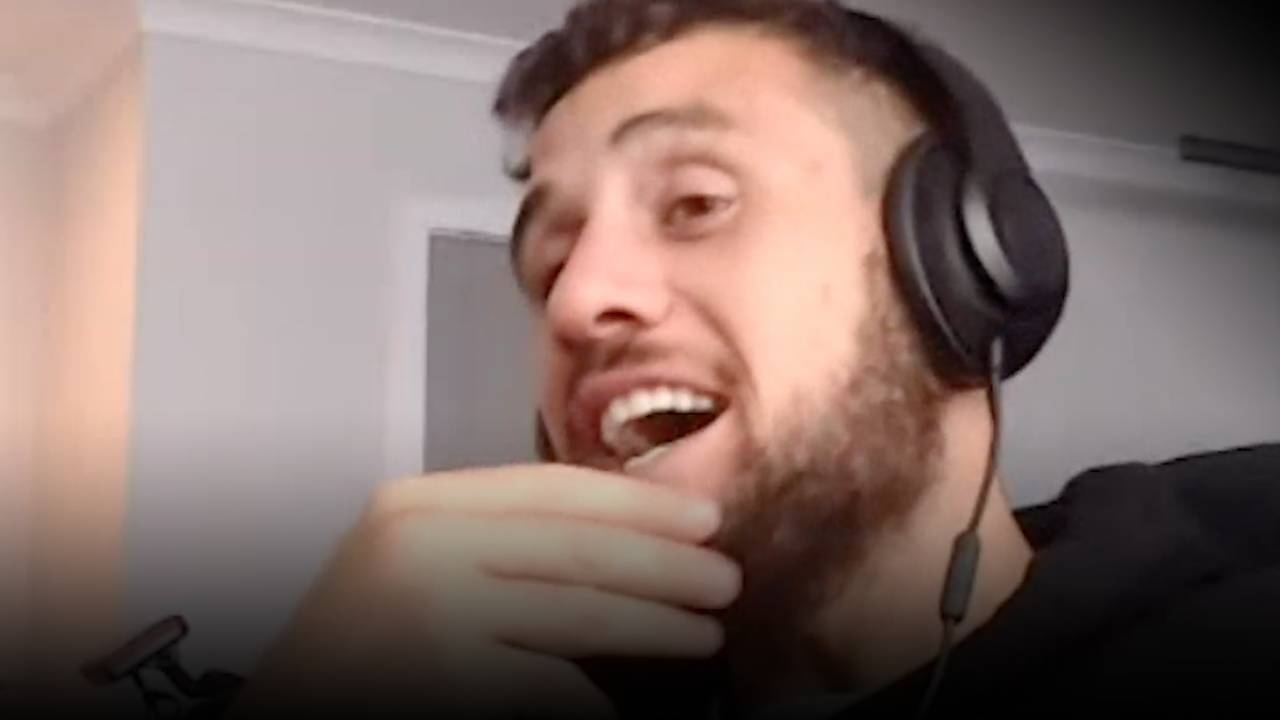
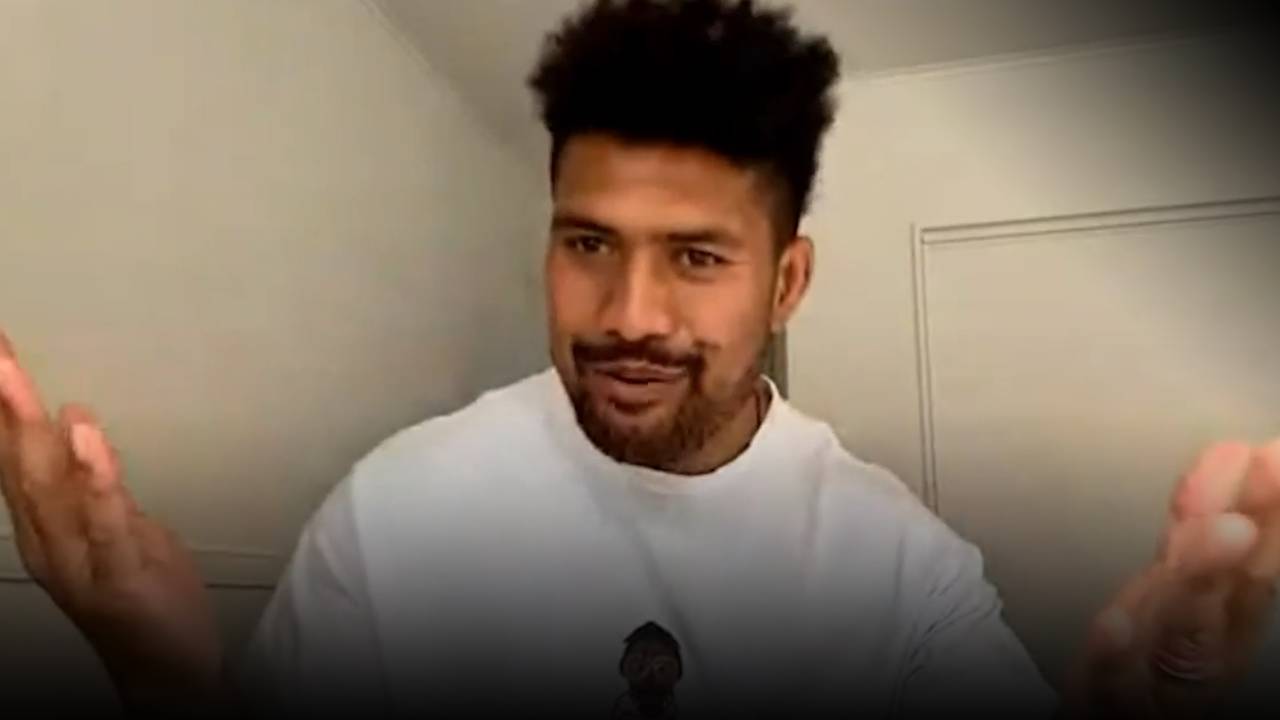
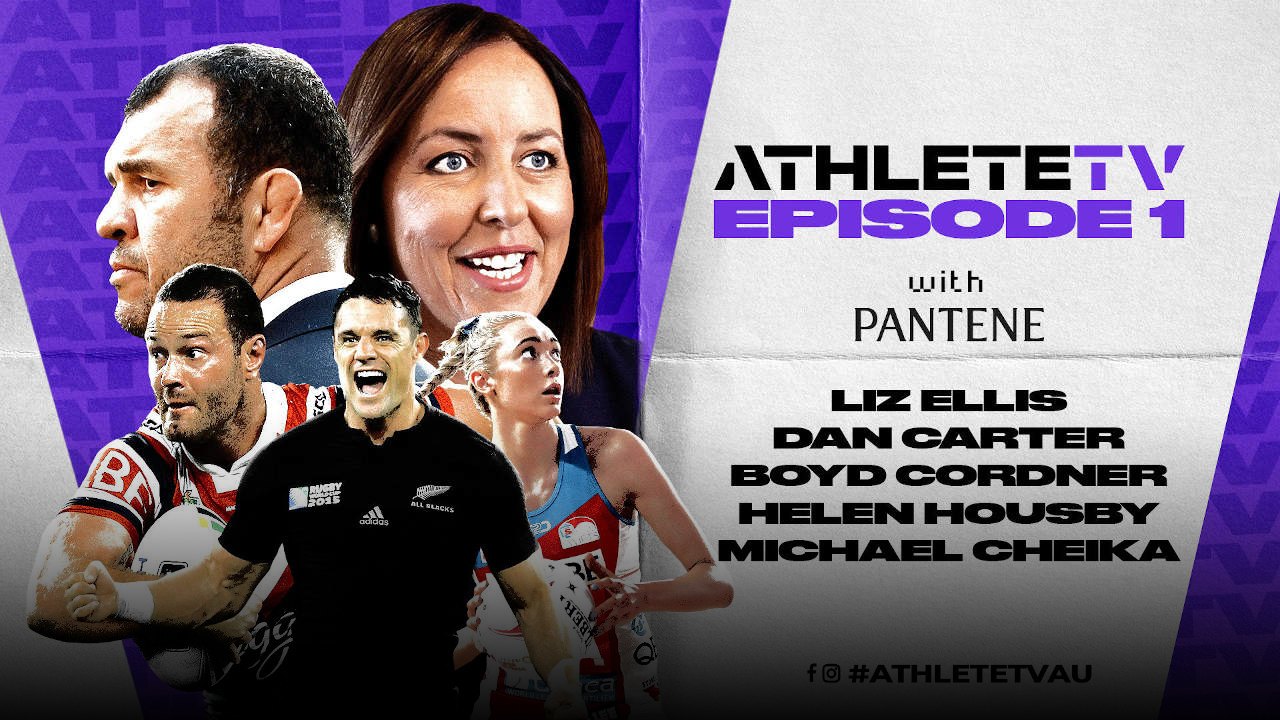
 Load More
Load More